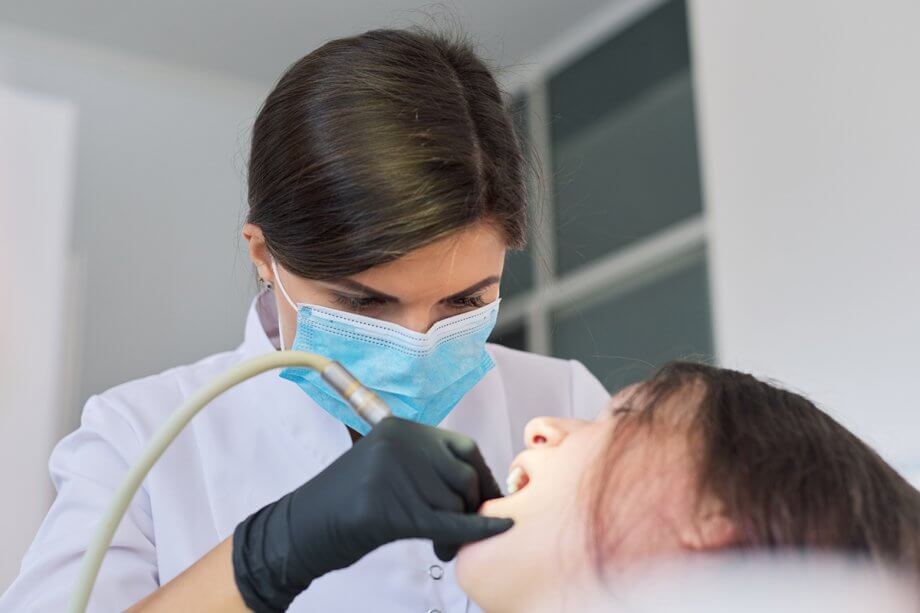We always want our youngest patients to feel excited about taking care of their teeth and coming to our office, but sometimes that’s just not the case. If your child is nervous about their upcoming appointment, you may wonder if sedation dentistry is a good choice—but is sedation dentistry safe for children? Read on to learn what you need to know about dental sedation.
Understanding the Different Types of Sedation Dentistry
The risks of sedation dentistry have been in the news a lot in recent years, but before you assume the worst, it's important to look beyond the headlines. When you hear about the dangers of sedating children for dental care, it’s almost exclusively about intravenous sedation (also known as deep sedation) or general anesthesia.
If you've ever had surgery, you're well aware that general anesthesia carries a number of potential risks. As a result, general anesthesia is seldom used in dentistry, and when it is, it is used in a hospital environment with the assistance of an anesthesiology team.
IV sedation places a patient in a deeply sedated state without causing them to lose consciousness. Although they’re technically conscious, patients usually feel as if they’re sleeping through their procedure and they have no memory of it upon waking.
Very rarely, a child will fall into a deeper state of unconsciousness and have difficulty breathing on their own if sedation is administered incorrectly. The American Academy of Pediatrics and the American Academy of Pediatric Dentistry have issued new recommendations to prevent this from happening, but many parents are still concerned about this type of sedation, which is certainly understandable.
Your child’s safety is our priority, which is why we eliminate these risks altogether by only offering nitrous oxide for our pediatric patients, which is a safe, mild form of dental sedation.
The Safety of Nitrous Oxide
The best sedation dentistry option for children is nitrous oxide, also known as laughing gas. It allows children to be awake, aware of their surroundings, and engage with our team while also helping them relax despite any fears or nervousness they may have. Since nitrous oxide takes effect fast and wears off just as quickly, there are very few risks involved.
We use a small mask that fits over your child's nose to administer laughing gas. The mask delivers a combination of nitrous oxide and oxygen, which makes your child feel calm and sometimes silly, hence the name. Lightheadedness and tingling or heavy sensations in the arms and legs are the most common side effects in children. Nausea, headaches, chills, and sweating are all less common side effects.
If you’re concerned about your child's ability to handle dental work without IV sedation, you should know that nitrous oxide offers the right amount of relaxation for most children. There may be some anxiety and tears before their first dental filling appointment, but working through these feelings with the help of nitrous oxide will help them overcome their fears and make their next visit to our office much easier. If children are always given IV sedation for any dental work they need, they’ll never be able to move past their anxiety.
Learn More About Sedation Dentistry for Children
If you’d like to learn more about sedation dentistry and whether it’s right for your child, contact us today at 516-226-7337. Or, request an appointment online.

